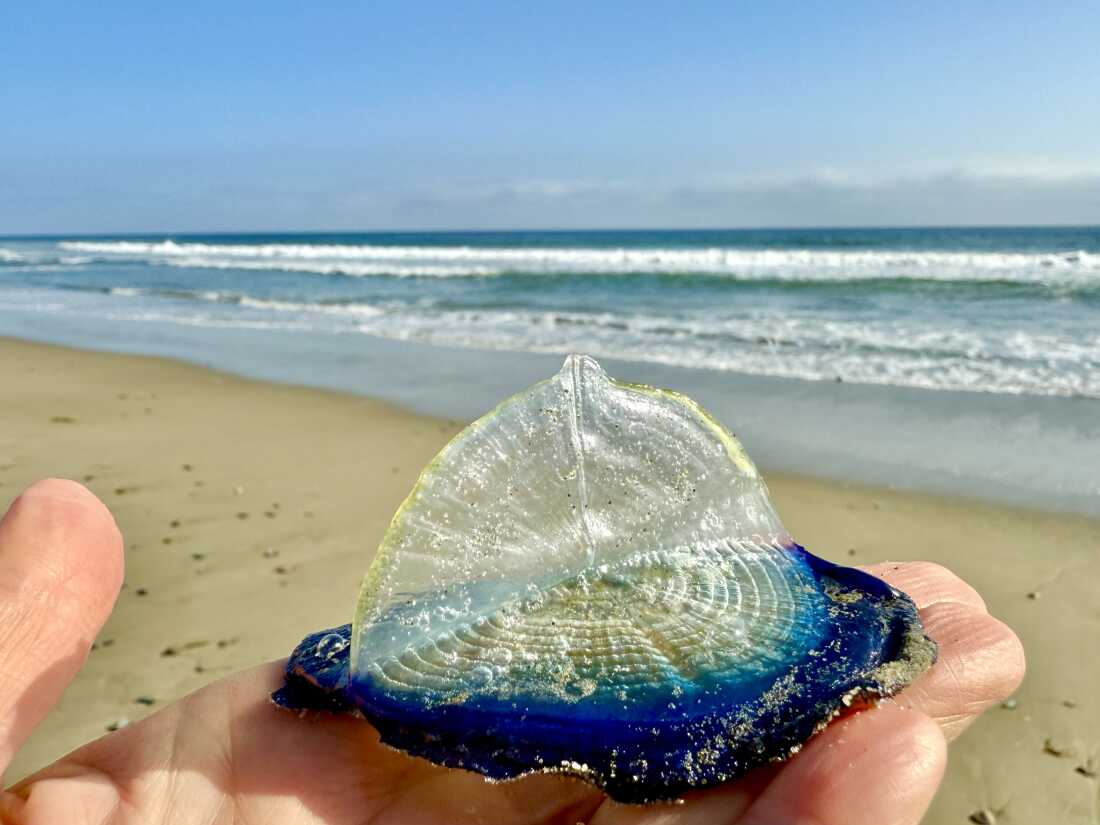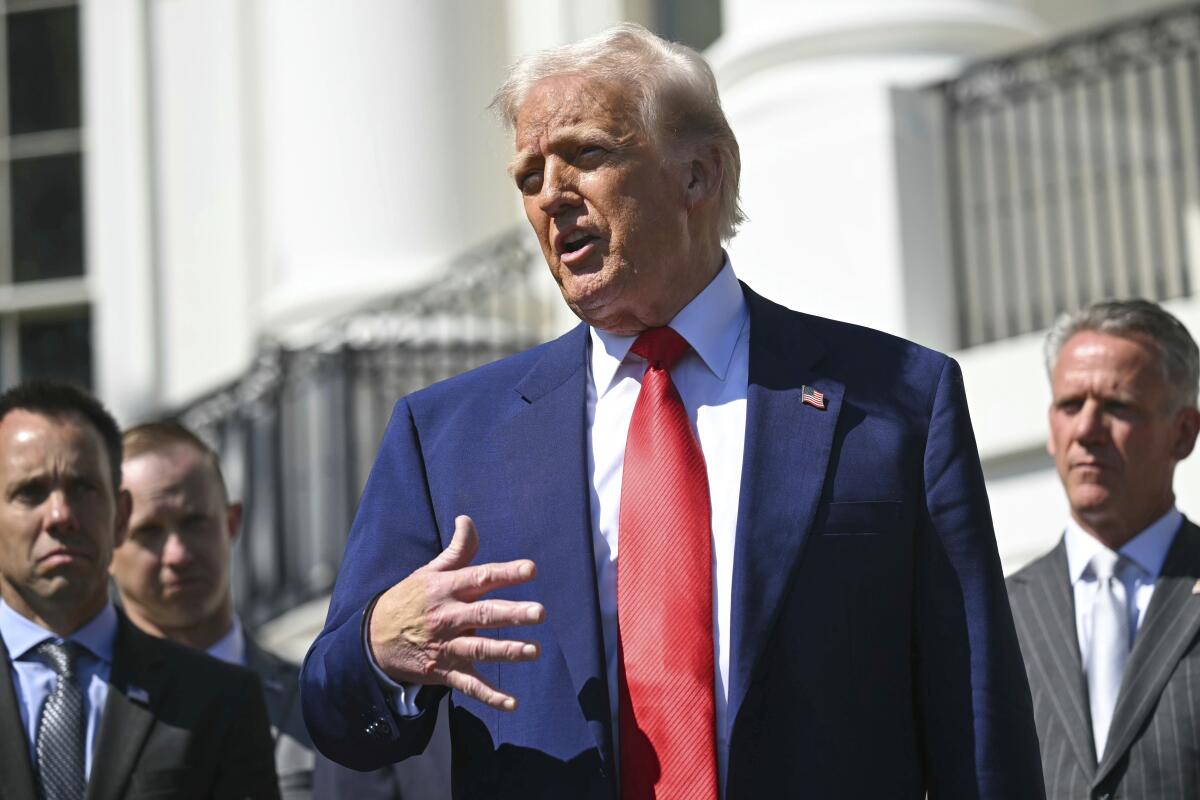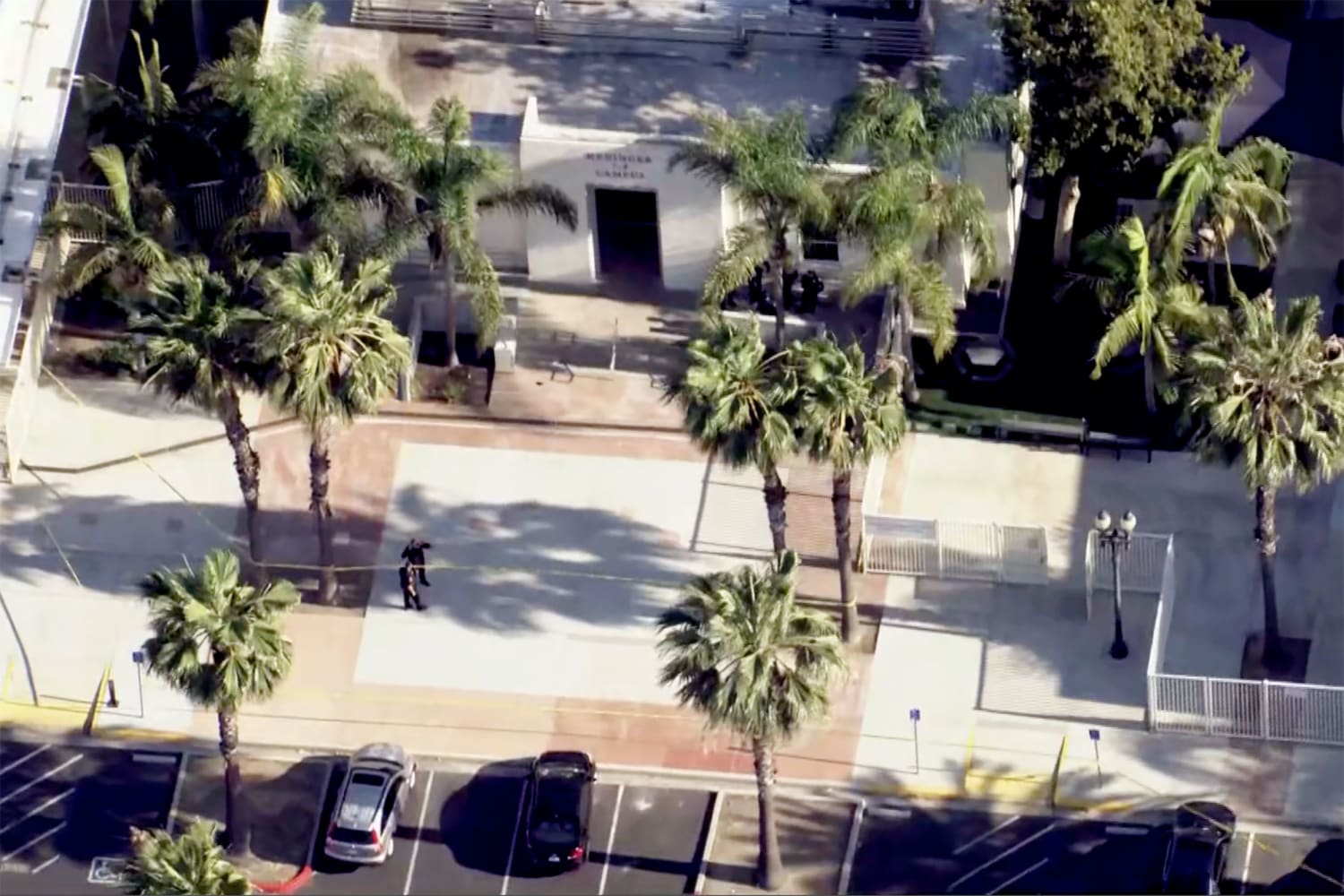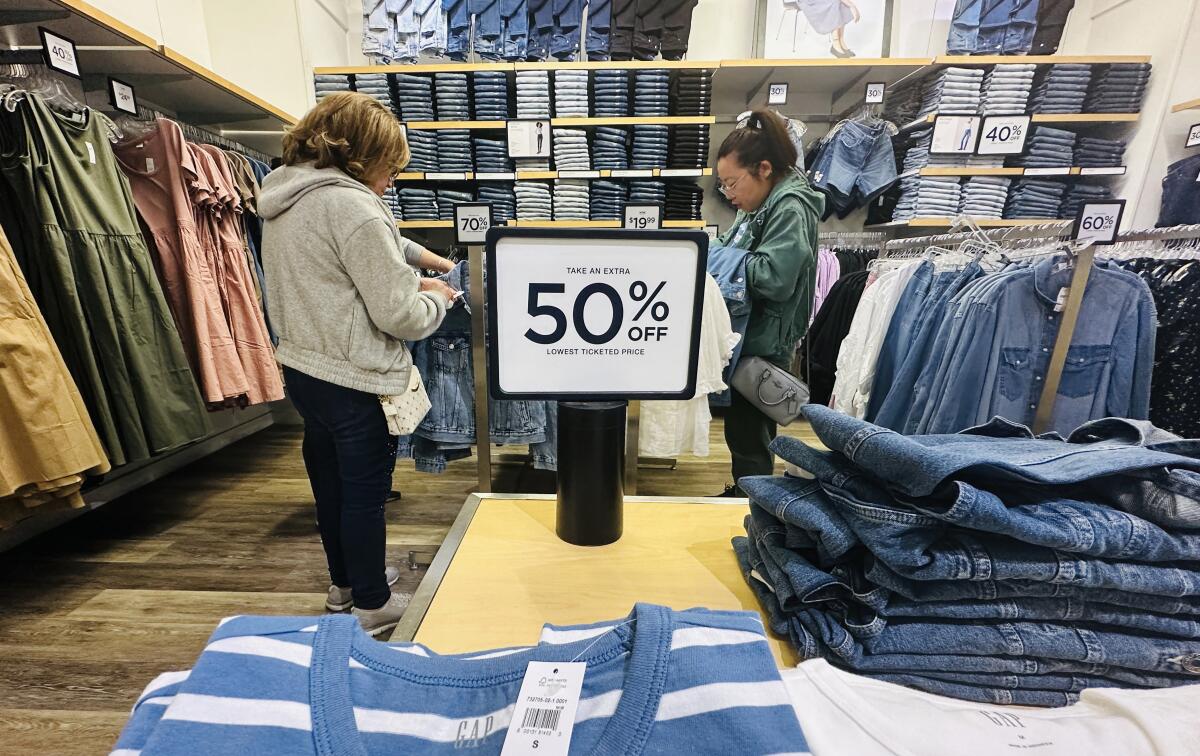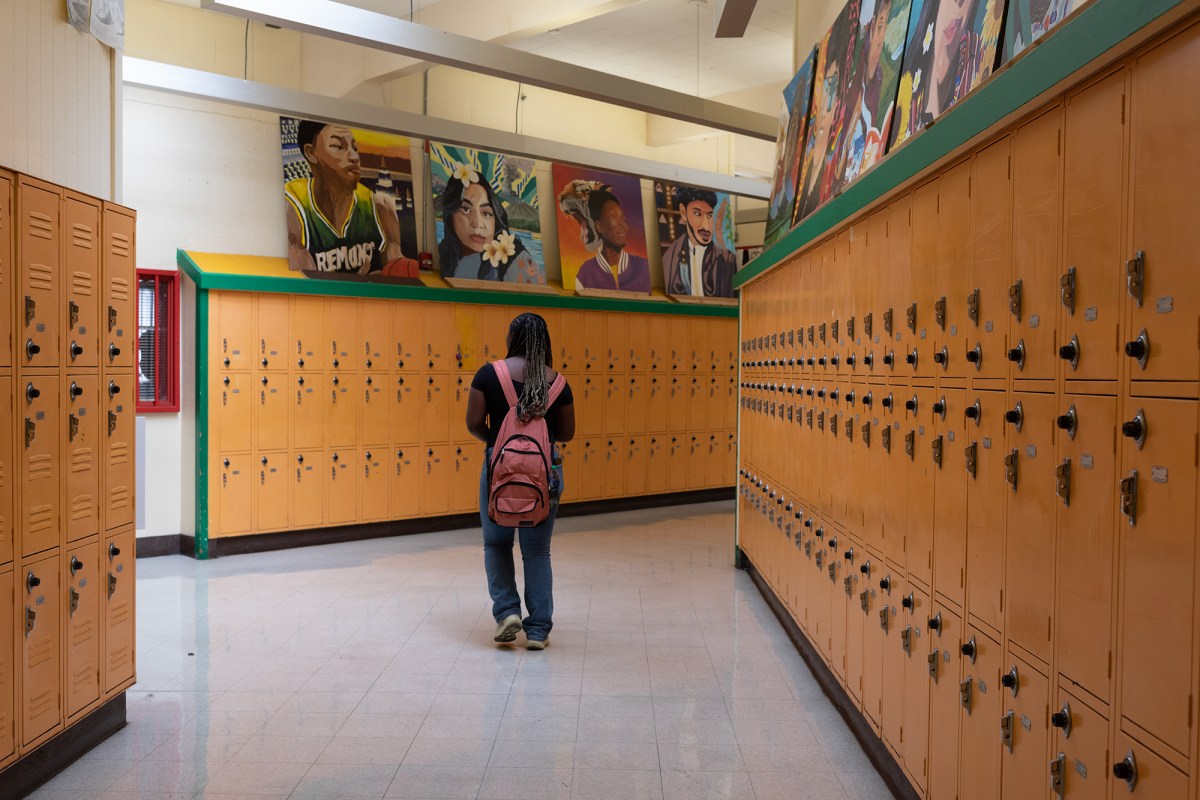Executive Summary
- Putin led Russia's Victory Day parade with increased security, tying the event to the ongoing conflict in Ukraine.
- China's Xi Jinping attended the parade, signaling deepening ties between China and Russia, while most European leaders were absent.
- Ukraine rejected Russia's proposed ceasefire, alleging numerous violations, and has intensified drone attacks on Russian territory.
Event Overview
Vladimir Putin presided over the Victory Day parade in Moscow, commemorating the Soviet Union's victory over Nazi Germany. The event featured military displays, a speech by Putin addressing Russia's military and international leaders, and heightened security measures. Putin used the occasion to link the Second World War to the current conflict in Ukraine, framing the latter as a continuation of the struggle against Nazism. The parade took place against the backdrop of ongoing tensions in the region, with Ukraine rejecting a proposed Russian ceasefire and accusing Russia of numerous violations.
Media Coverage Comparison
| Source | Key Angle / Focus | Unique Details Mentioned | Tone |
|---|---|---|---|
| BBC News | Putin's Victory Day address and the Ukraine conflict | Ukraine accused Russia of thousands of ceasefire violations, and Zelensky warned leaders not to attend. | Neutral, factual reporting |
| The Guardian | International attendance and contrasting European reactions | Highlights the presence of Xi Jinping and Lula da Silva and the absence of most EU leaders. | Objective, emphasizing geopolitical contrasts |
| Business Insider | Internet restrictions during Victory Day celebrations | Reports on internet restrictions imposed by Russia during the event, citing 'dangerous neighbors'. | Informative, focusing on internal security measures |
| Foreign Affairs | Russia's shifting opinion and outreach to Putin has failed to end the war | Trump's victory and peacemaking efforts have upended the conventional thinking: now, Europe, including the UK, has become the principal source of evil, while the United States is good | Analytic |
Key Details & Data Points
- What: Russia held its annual Victory Day parade, commemorating the Soviet victory over Nazi Germany, amidst the ongoing war in Ukraine. Putin delivered a speech tying the war to historical struggles against Nazism.
- Who: Key figures include Vladimir Putin, Xi Jinping, Volodymyr Zelensky, and other international leaders. Military personnel from Russia, China, and other countries participated in the parade.
- When: The Victory Day parade took place on May 9, 2025. Russia announced a three-day ceasefire starting May 8, which Ukraine rejected.
- Where: The main event was held in Red Square, Moscow. Ukrainian drone strikes affected areas across Russia, including Moscow and other cities.
Key Statistics:
- Approximately 11,000 troops participated in the parade, including 1,500 who had fought in Ukraine.
- Around 350 flights were affected due to drone strike threats around Moscow.
- Ukraine reported nearly 200 clashes along the front line despite the announced ceasefire.
Analysis & Context
The Victory Day parade served as a stage for Putin to project strength and unity both domestically and internationally. The presence of Xi Jinping underscores the growing alignment between Russia and China, while the absence of most European leaders highlights Russia's increasing isolation from the West. The rejection of the ceasefire by Ukraine and the intensification of drone strikes indicate the ongoing intensity of the conflict. Russia imposing internet restriction in various regions highlights the country's increased need for control, while the US views on Russia remain a key point of interest for Putin and his regime. The event is not merely a historical commemoration but a politically charged demonstration of Russia's current geopolitical stance.
Notable Quotes
"Truth and justice are on our side."
"We cannot be held responsible for what happens on the territory of the Russian Federation."
"These are not disruptions, but restrictions for obvious reasons. We want the glorious Victory Day to be celebrated at the appropriate level."
Over the past 500 years, all tragedies in the world originated in Europe or occurred owing to European policies.
Conclusion
The Victory Day parade in Moscow took place amid heightened tensions due to the ongoing conflict in Ukraine. While Putin used the event to rally support and display military strength, the presence of allies like China and the absence of Western leaders underscored Russia's complex geopolitical position. The rejection of the ceasefire and continued attacks signal that the conflict is far from over. The imposing of internal internet restrictions highlights the Kremlin's need for increased control on their population and the US views on Russia remain a key interest for Putin.
Disclaimer: This article was generated by an AI system that synthesizes information from multiple news sources. While efforts are made to ensure accuracy and objectivity, reporting nuances, potential biases, or errors from original sources may be reflected. The information presented here is for informational purposes and should be verified with primary sources, especially for critical decisions.
